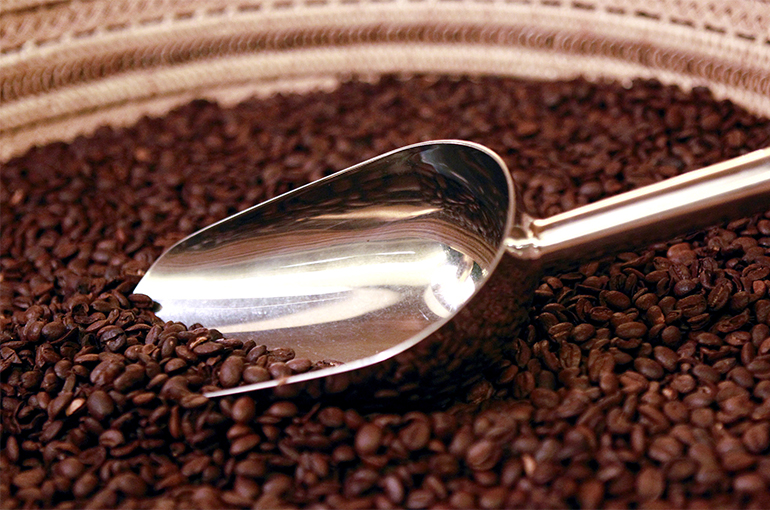 China’s USD1 Coffee Is Here to Stay Despite Surging Bean Prices
China’s USD1 Coffee Is Here to Stay Despite Surging Bean Prices(Yicai) April 24 -- Coffees priced at as little as CNY9.9 (USD1) in China are not expected to go away any time soon, even as bean prices surge, following more than a year of price cuts amid stiff competition between the likes of chains such as Cotti Coffee and Luckin Coffee.
US Coffee C Futures, the global benchmark for Arabica coffee, closed at USD2.22 per pound yesterday, up about 60 percent since October. This month’s highest price exceeded USD2.45, approaching the USD2.60 peak reached in February 2022.
The surge is linked to changes in output, logistics, and consumption. Several coffee-producing nations have had reduced harvests due to extreme cold and hot weather in 2021 and droughts from 2022 to 2023.
The international trade situation and speculation are also driving up the price of green coffee beans, said Pu Zhongxiong, general manager of global trading company Borong International Trade.
None of that has yet made its way into the price of a cup of freshly brewed coffee in China.
Bean prices remain stable in China, according to Fu Lin, founder of Fangye Coffee, who added that the Red Sea crisis is impacting global supply. That started last October when Yemen’s Houthi group began attacking ships in the Red Sea, affecting global trade in Africa, Asia, and Europe.
In Ethiopia, suppliers are temporarily unable to book warehouses and transportation costs have tripled, Fu said, adding that the shipping time for Ethiopian coffee beans has double to 40 days.
Two Chinese coffee chains are sticking to their CNY9.9 a cup campaigns despite squeezed profit margins. In May 2023, Cotti Coffee launched the eye-catching promotion, thanks to low milk prices, and Luckin Coffee quickly followed suit in June.
The cost of that was evident in fourth-quarter earnings. Luckin Coffee had an operating profit of CNY210 million (USD29 million) and a 3 percent operating profit margin in the three months ended Dec. 31, versus CNY310 million and 8.5 percent a year earlier.
According to industry sources, the price war being waged by China’s cafe owners also reveals inadequate consumer purchasing power and consumption habits. The rivalry involves not only capturing market share among seasoned coffee drinkers but also among newbies, they added.
Cotti Coffee triggered the new round of price competition to gain market share, said Zhu Danpeng, vice president of the Guangdong Food Safety Promotion Alliance. But it will be hard to stop unless major brands cease promotions or find it unsustainable, he added.
Editor: Emmi Laine